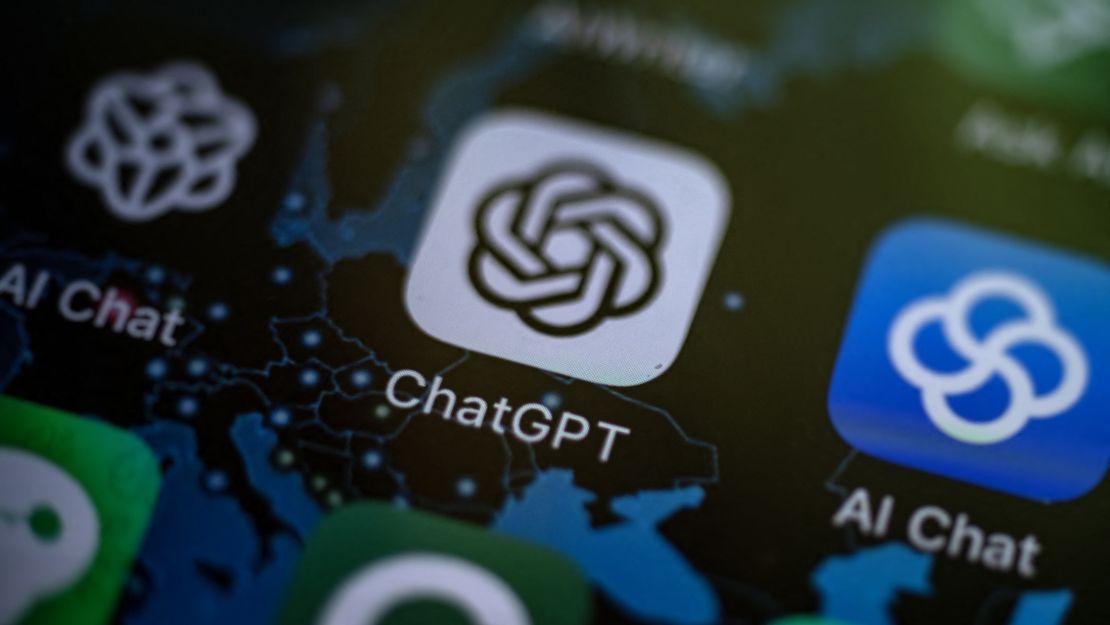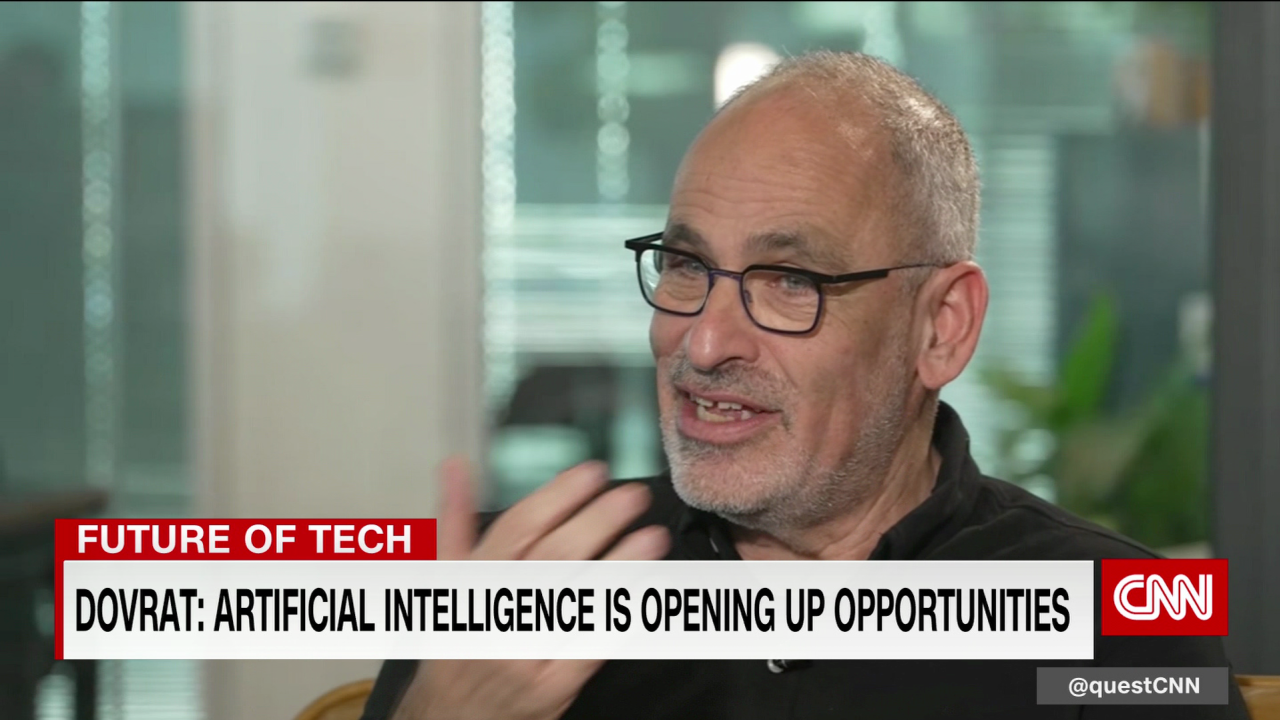China has published new rules for generative artificial intelligence (AI), becoming one of the first countries in the world to regulate the technology that powers popular services like ChatGPT.
The Cyberspace Administration of China, the country’s top internet watchdog, unveiled a set of updated guidelines on Thursday to manage the burgeoning industry, which has taken the world by storm. The rules are set to take effect on August 15.
Compared to a preliminary draft released in April, the published version, which is being called “interim measures,” appears to have relaxed several previously announced provisions, suggesting Beijing sees opportunity in the nascent industry as the country seeks to re-ignite economic growth in order to create jobs.
Last week, regulators fined fintech giant Ant Group just under $1 billion, in a move that appeared to finally close a chapter on a wide-ranging regulatory crackdown centered around China’s tech giants. Many of them — including Alibaba (BABA), Baidu (BIDU) and JD.com (JD) — are now in the process of launching their own versions of AI chatbots.
The rules will now only apply to services that are available to the general public in China. Technology being developed in research institutions or intended for use by overseas users are exempted.
The current version has also removed language indicating punitive measures that had included fines as high as 100,000 yuan ($14,027) for violations.
The state “encourages the innovative use of generative AI in all industries and fields” and supports the development of “secure and trustworthy” chips, software, tools, computing power and data sources, according to the document announcing the rules.
China also urges platforms to “participate in the formulation of international rules and standards” related to generative AI, it said.
Still, among the key provisions is a requirement for generative AI service providers to conduct security reviews and register their algorithms with the government, if their services are capable of influencing public opinion or can “mobilize” the public.

US-China rivalry?
Generative AI refers to the technology that underpins platforms like ChatGPT.
The service has exploded in popularity in recent months, and Chinese tech companies have been racing to release their own versions, prompting some critics to predict that the trend will add fuel to an existing US-China rivalry in emerging technologies.
In the global race to build guardrails for how governments tap AI, China had gained a significant head start, US Senator Mark Warner warned last month. China is “very much ahead of the game,” he told Politico’s Global Tech Summit.
Chinese companies appear to be waiting for the updated rules to be issued before officially rolling out their ChatGPT-style services to the public.
So far, Baidu, Alibaba and JD.com’s generative AI services are either in the trial stage or being tested by corporate users. According to the rules, regulators must still approve their products.
A key question about China’s regulatory strategy has been whether the rules may end up suppressing innovation in the AI industry, which lies at the heart of the country’s ambition to compete with the United States in high tech.
“The way China approaches AI regulation will likely be consistent with its approach to regulating other areas of prominent technology, such as internet or social media, where it operates strict censorship to control the flow of information,” Citi analysts said in a research note earlier this week.
Regulators appear to be aware of the concerns. In the just released guidelines, they stress the need to strike a balance between “development and security.”
The rules will be overseen by seven national agencies, including the cyberspace watchdog, the National Development and Reform Commission and the ministry of education.









